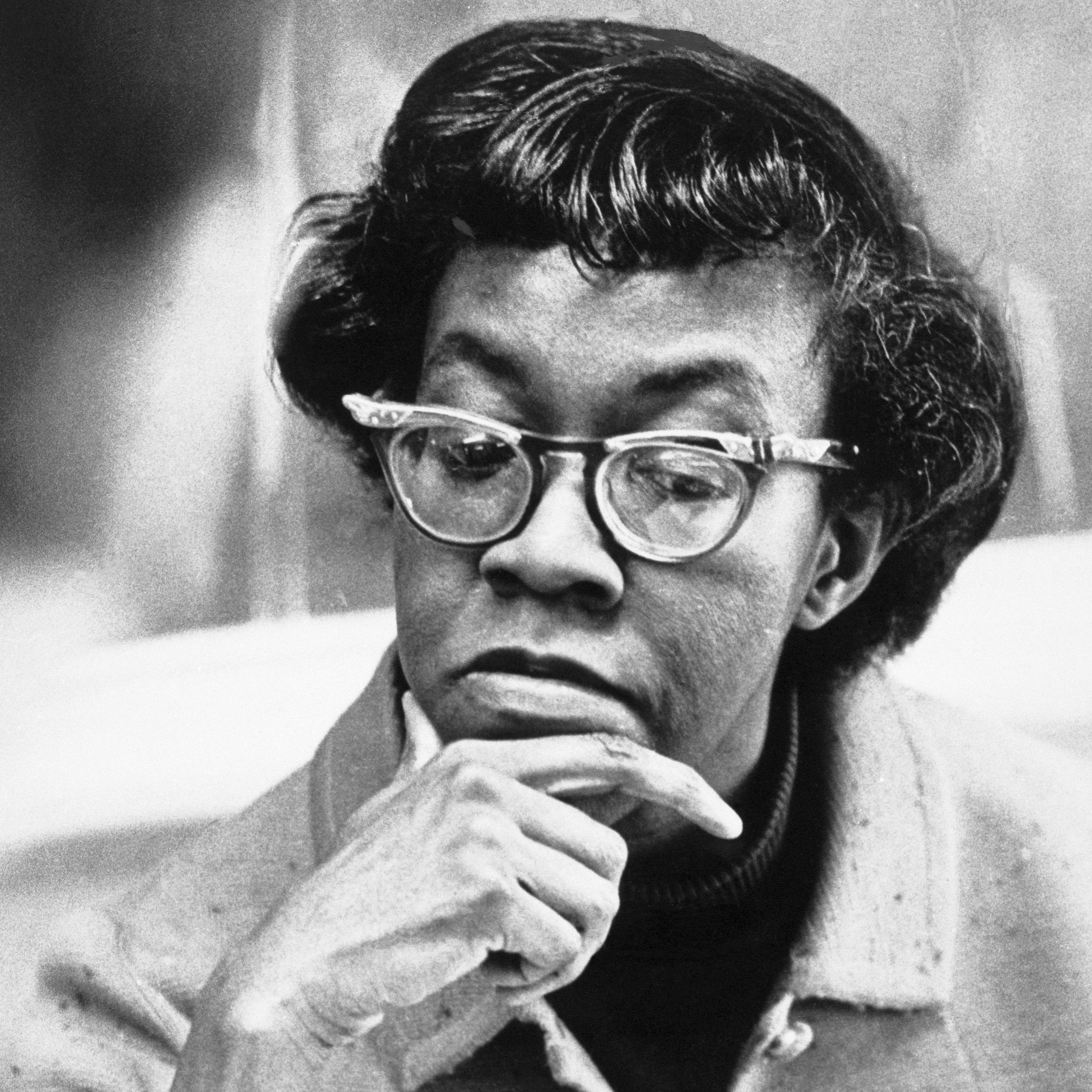The Pool Players.
Seven at the Golden Shovel.
We real cool. We
Left school. We
Lurk late. We
Strike straight. We
Sing sin. We
Thin gin. We
Jazz June. We
Die soon.
Published:
1960
Length:
Shorty
Literary Movements:
Black Arts Movement
Anthology Years:
2020
2023
Themes:
Intersectionality & Culture
Persona Poems
Racial Injustice
Literary Devices:
Alliteration
the repetition of the same letter or sound at the beginning of words appearing in succession
Anaphora
a figure of speech in which words repeat at the beginning of successive clauses, phrases, or sentences
Enjambment
a line break interrupting the middle of a phrase which continues on to the next line
Rhyme
correspondence of sound between words or the endings of words, especially when these are used at the ends of lines of poetry

